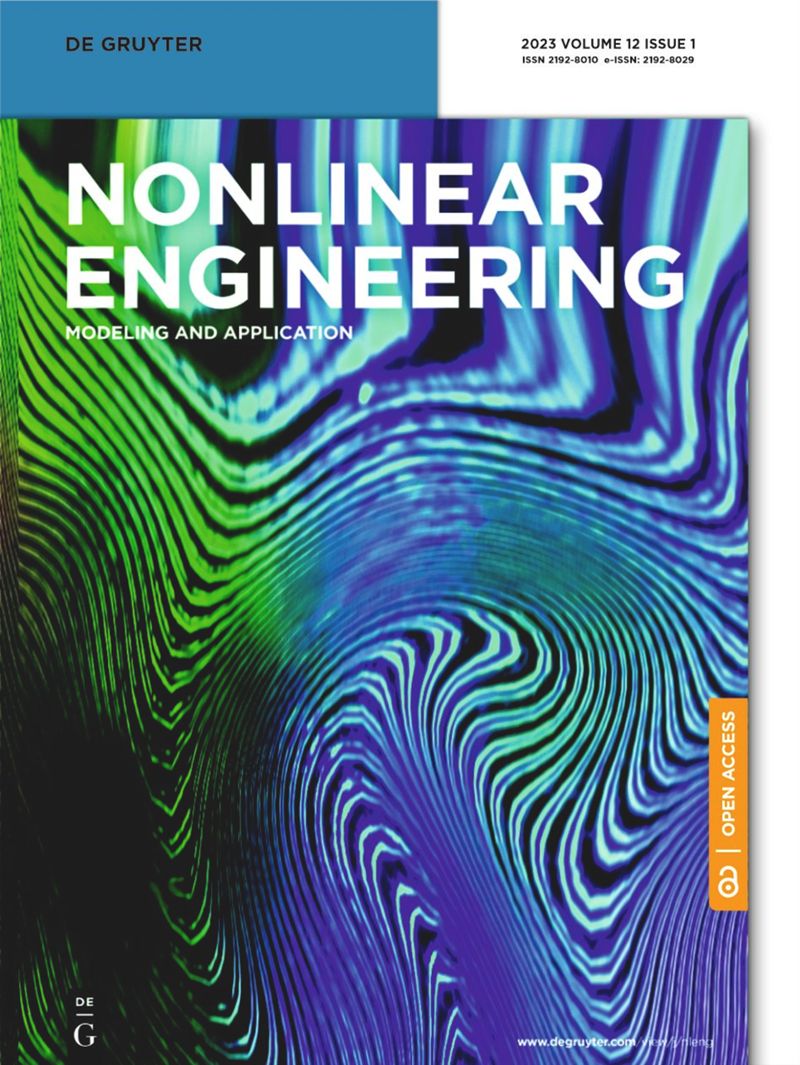A novel hybrid ensemble convolutional neural network for face recognition by optimizing hyperparameters
IF 1.5
Q2 ENGINEERING, MECHANICAL
引用次数: 0
Abstract
Abstract A fully fledged face recognition system consists of face detection, face alignment, and face recognition. Facial recognition has been challenging due to various unconstrained factors such as pose variation, illumination, aging, partial occlusion, low resolution, etc. The traditional approaches to face recognition have some limitations in an unconstrained environment. Therefore, the task of face recognition is improved using various deep learning architectures. Though the contemporary deep learning techniques for face recognition systems improved overall efficiency, a resilient and efficacious system is still required. Therefore, we proposed a hybrid ensemble convolutional neural network (HE-CNN) framework using ensemble transfer learning from the modified pre-trained models for face recognition. The concept of progressive training is used for training the model that significantly enhanced the recognition accuracy. The proposed modifications in the classification layers and training process generated best-in-class results and improved the recognition accuracy. Further, the suggested model is evaluated using a self-created criminal dataset to demonstrate the use of facial recognition in real-time. The suggested HE-CNN model obtained an accuracy of 99.35, 91.58, and 95% on labeled faces in the wild (LFW), cross pose LFW, and self-created datasets, respectively.基于超参数优化的混合集成卷积神经网络人脸识别
一个成熟的人脸识别系统由人脸检测、人脸对齐和人脸识别三个部分组成。由于姿态变化、光照、老化、局部遮挡、低分辨率等各种不受约束的因素,面部识别一直具有挑战性。传统的人脸识别方法在非约束环境下存在一定的局限性。因此,使用各种深度学习架构改进了人脸识别任务。虽然当代人脸识别系统的深度学习技术提高了整体效率,但仍然需要一个弹性和有效的系统。因此,我们提出了一个混合集成卷积神经网络(HE-CNN)框架,利用改进的预训练模型的集成迁移学习进行人脸识别。采用渐进式训练的概念对模型进行训练,显著提高了识别准确率。在分类层和训练过程中提出的修改产生了同类最佳的结果,提高了识别精度。此外,使用自创建的犯罪数据集对建议的模型进行评估,以演示实时使用面部识别。本文提出的HE-CNN模型在野外标记人脸(LFW)、交叉姿态LFW和自创建数据集上的准确率分别为99.35%、91.58和95%。
本文章由计算机程序翻译,如有差异,请以英文原文为准。
求助全文
约1分钟内获得全文
求助全文
来源期刊
CiteScore
6.20
自引率
3.60%
发文量
49
审稿时长
44 weeks
期刊介绍:
The Journal of Nonlinear Engineering aims to be a platform for sharing original research results in theoretical, experimental, practical, and applied nonlinear phenomena within engineering. It serves as a forum to exchange ideas and applications of nonlinear problems across various engineering disciplines. Articles are considered for publication if they explore nonlinearities in engineering systems, offering realistic mathematical modeling, utilizing nonlinearity for new designs, stabilizing systems, understanding system behavior through nonlinearity, optimizing systems based on nonlinear interactions, and developing algorithms to harness and leverage nonlinear elements.

 求助内容:
求助内容: 应助结果提醒方式:
应助结果提醒方式:


